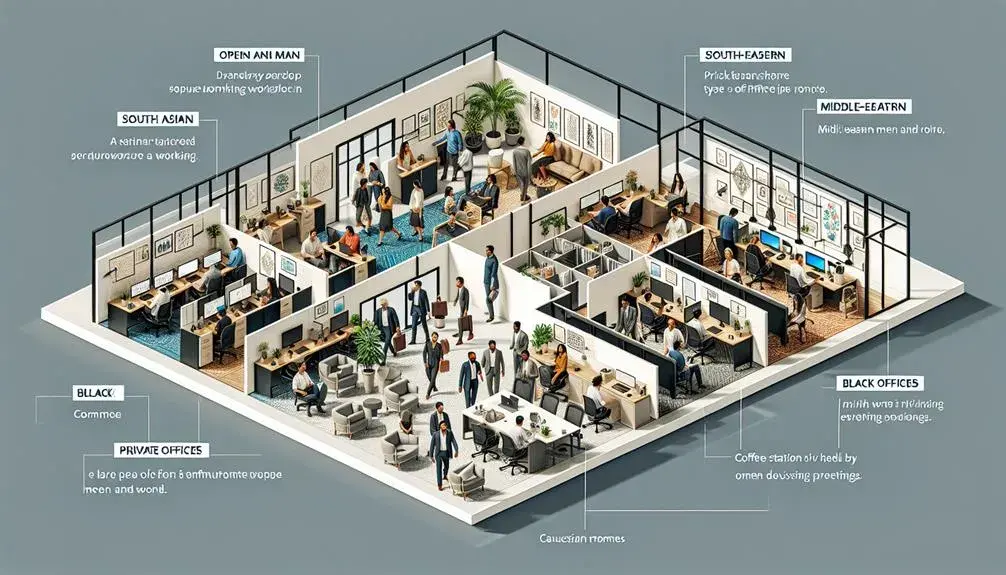In the evolving landscape of the modern professional environment, coworking spaces have emerged as a flexible and cost-effective solution for businesses of all sizes. This discussion aims to shed light on the benefits of the diverse types of offices available within these shared workspaces. From private offices and dedicated desks to open hot desks, each type offers unique advantages tailored to the specific needs of different businesses. Whether you are a freelancer seeking a dynamic work environment, a startup looking for a network-building platform, or an established corporation aiming to minimize overhead costs, understanding the benefits of these diverse coworking office types can significantly impact your business strategy and operational efficiency. Let’s investigate further into this pertinent aspect of today’s business world.
Exploring Various Coworking Office Types
Diving into the realm of coworking spaces, it becomes evident that there are several distinct office types, each offering unique benefits and catering to different professional needs. Open spaces, for instance, encourage collaboration and spontaneity, making them ideal for dynamic teams or independent professionals seeking interaction. Private offices, on the other hand, provide a quiet, focused environment for those needing solitude to concentrate. Dedicated desks provide a personal space within a communal area, offering a balance of privacy and collaboration. Finally, meeting rooms cater to groups requiring a formal setting for discussions or presentations. By understanding these office types, professionals can find a coworking space that aligns with their work style and fosters a sense of belonging.
Advantages of Renting Coworking Spaces
Leveraging coworking spaces offers myriad advantages, ranging from cost efficiency and flexibility to fostering innovation and providing opportunities for networking and collaboration.
1. Cost-Efficiency: Renting coworking spaces eliminates the need for significant upfront costs associated with traditional office spaces, such as leases, furniture, and utilities.
2. Flexibility: These spaces offer flexible rental terms. Businesses can scale up or down as their needs change.
3. Innovation: A coworking environment encourages creativity by bringing together diverse individuals with varied skills, experiences, and perspectives.
4. Networking and Collaboration: It provides a platform for professionals to engage, share ideas, and build strategic relationships.
In essence, coworking spaces present a unique blend of benefits that fuel both individual and collective growth.
Conclusion
In conclusion, the diverse types of offices available in coworking spaces offer a multitude of advantages including cost efficiency, networking opportunities, and flexibility. Each type, be it private office, shared workspace or dedicated desk, fits unique business needs, enhancing productivity and fostering innovation. Thus, renting coworking spaces provides an innovative solution for modern businesses looking for versatility, community, and a stimulating work environment.

